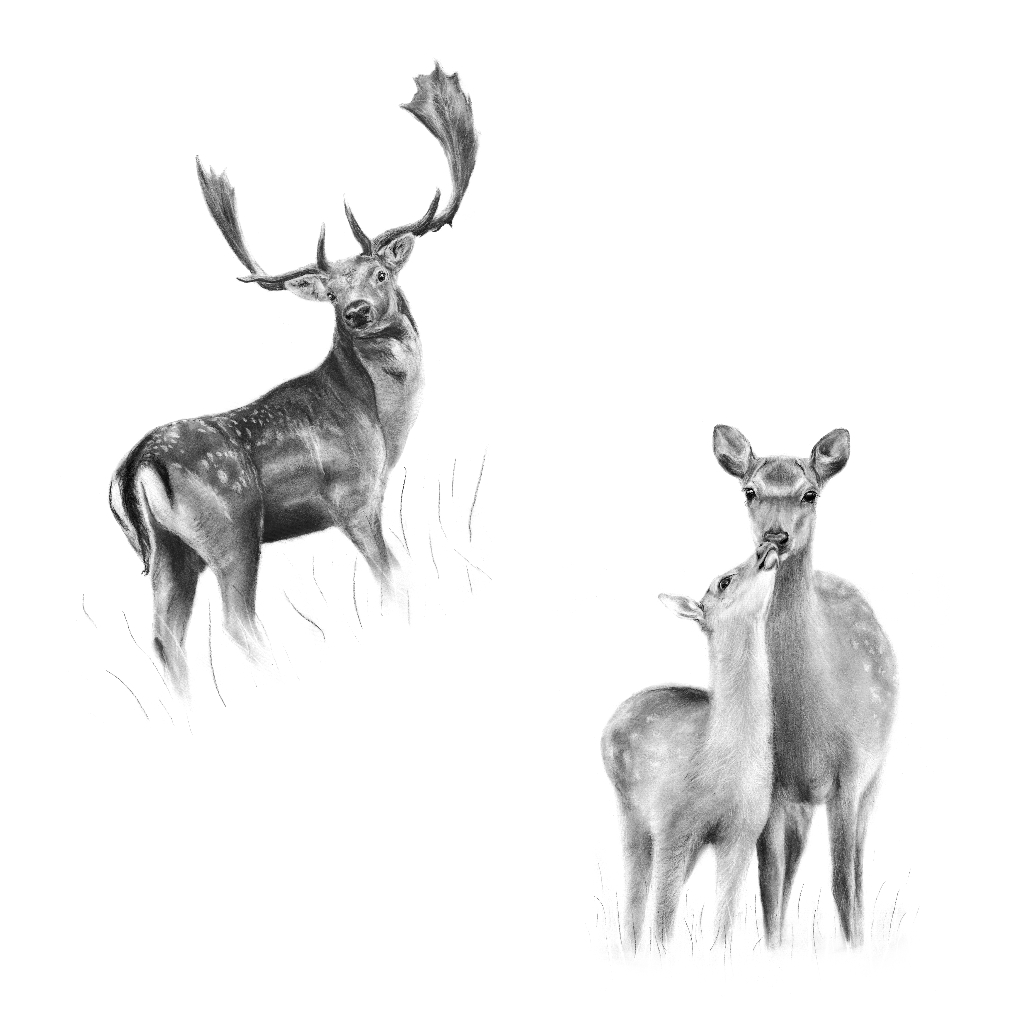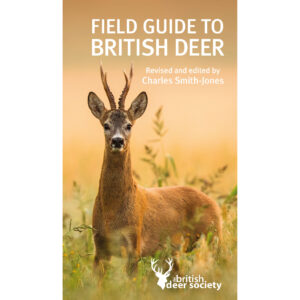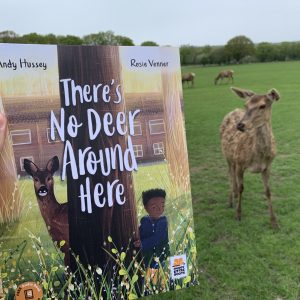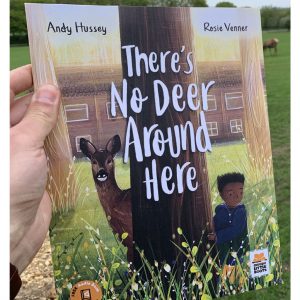Scottish Government Consultation on Deer Management: Key Findings
Share article:
Article by:
Scotland, Legislation and Policy, British Deer Society
Scottish Government Consultation on Deer Management: Key Findings and What They Mean for the Future
The Scottish Government recently released the findings from a public consultation on proposed changes to deer management legislation in Scotland. This consultation, conducted between January and March 2024, sought public and organisational input on how best to address growing concerns about biodiversity, habitat loss, and deer welfare. It also examined additional powers for NatureScot, beyond those recommended in the 2020 Deer Working Group (DWG) report.
As part of the ongoing commitment to protecting Scotland’s landscapes and ecosystems, the proposed changes aim to reshape deer management policies to better balance conservation, land use, and deer welfare. Here, we summarise the key findings and explore what they mean for the future of deer management.
Broad Support for Change—But With Caveats
Overall, more than 60% of the 1,605 respondents agreed with the proposals put forward. There was particularly strong support for measures related to deer welfare and the regulation of kept and farmed deer, with up to 85% in favour of these proposals.
However, opinions were sharply divided along sectoral lines. Conservation and animal welfare organisations overwhelmingly supported the changes, while land management and sporting groups expressed concerns, particularly regarding Deer Management Nature Restoration Orders (DMNROs), close season changes, and the use of emergency powers.
DMNROs: A Divisive Issue
One of the most contentious aspects of the consultation was the introduction of DMNROs, which would give authorities more power to enforce nature restoration efforts by managing deer populations in specific areas. Supporters argued that overpopulation of deer is a significant obstacle to ecological recovery in Scotland, particularly in forest and moorland areas. These respondents believed urgent action is needed to reduce deer numbers to restore ecosystems.
On the other hand, opponents, primarily from land management and sporting groups, argued that existing legislation could be amended rather than introducing new laws. They also expressed concerns about fairness, noting that landowners may have little control over deer that move through their properties. There was also resistance to making nature restoration compulsory, with some suggesting that DMNRO designations would be slow, prone to legal challenges, and burdensome for land managers.
The Importance of Data
Both supporters and opponents of the proposals agreed on one crucial point: the need for better data to inform deer management strategies. Data quality was seen as particularly poor in lowland areas, and conservation organisations called for improvements in data collection and availability. Land management groups were generally satisfied with current voluntary data-sharing practices but questioned the need for new legislation.
The consultation also highlighted strong support for increasing the planning horizon for deer culls from 12 months to 5 years, though concerns were raised about the practicality of such plans in the face of changing external factors, such as weather and disease.
Deer Welfare and Shooting Standards
Deer welfare remains a top priority for many respondents, with widespread agreement on its importance. However, concerns were raised over the proposal requiring all those involved in deer shooting to hold at least a Deer Stalking Certificate Level 1 (DSC1). Some felt that this requirement would create unnecessary bureaucracy, potentially reducing the number of people able to shoot deer, particularly small landowners, and recreational stalkers.
Additionally, there was strong opposition to the use of shotguns for deer culling, with many calling for this method to only be used in extreme circumstances and under tight regulation. This sentiment was echoed by both animal welfare groups and land management organisations.
Changes to Close Seasons: Mixed Reactions
Proposals to modify the close season for female deer were also met with divided opinions. Conservation and animal welfare groups generally supported the changes, believing they struck a balance between protecting the environment and ensuring deer welfare. However, both supporters and opponents raised concerns about the potential impact on pregnant hinds and dependent young, as well as practical issues for deer stalkers and hillwalkers.
Some land management organisations and sporting groups opposed the changes, arguing there was insufficient evidence to justify altering the close seasons and calling for further consultation.
Venison and Farmed Deer
The consultation also touched on the regulation of venison and farmed deer. Most respondents agreed with proposals to move away from venison-specific regulations in favour of existing food safety legislation. However, some stressed the importance of maintaining rigorous standards to ensure consumer confidence and food safety.
There was also support for licensing kept and farmed deer to enhance welfare, accountability, and traceability. On the issue of shooting stray farmed deer, most respondents believed this should be a last resort, with efforts first made to contain and return the deer to its owner.
What Does This Mean for the Future?
The findings from this consultation show broad public and organisational support for reforming Scotland’s deer management practices, particularly around welfare and environmental concerns. However, the strong opposition from key land management and sporting organisations highlights the complexities of managing Scotland’s deer population in a way that balances ecological, economic, and recreational interests.
The British Deer Society will continue to monitor the development of these proposals and engage with policymakers to ensure that future legislation considers the needs of both deer and those who manage them. As Scotland moves towards more active deer management to tackle issues such as biodiversity loss and climate change, the BDS remains committed to promoting sustainable, evidence-based practices that protect both the natural environment and the welfare of deer.
For further information on the Scottish Government’s consultation and the full report, visit https://www.gov.scot/publications/managing-deer-climate-nature-analysis-consultation-responses/pages/2/
passionate about protecting deer
If you are passionate about protecting deer populations and supporting sustainable deer management practices, consider joining the British Deer Society (BDS). Your membership helps fund vital research, educational initiatives, and conservation efforts across the UK.
Alternatively, you can make a donation to help us continue our work. Together, we can make a difference.











